
The Final Test
Only one test remained; those who passed would receive the prestigious unit insignia of a full-fledged elite guardsmen, a mark of excellence and distinction…

Out of the thousands of applicants who volunteered for service in the King’s elite guard, the finest special operations unit of the royal army, only twenty had past the rigorous screening and arduous training program that had lasted for nearly eighteen months. Only one test remained; those who passed would receive the prestigious unit insignia of a full-fledged elite guardsmen, a true mark of excellence and distinction.
The test was known as the loyalty test. The candidates were taken to a treacherous, raging river. With no raft, no life-jacket or any other apparatus to depend on, they jumped into the river one by one. If they succeeded in surviving the rocks and the rapids for five minutes, the King would send his special rescue team to pull them out of the water.
Sometimes, a cadet would succumb to the rapids and pay with his life. The next candidate to jump in the river would then be asked if he still wants to take the chance, for maybe a similar fate awaits him. The stout-hearted would welcome the greater challenge, for all they thought about was achieving their goal in becoming one of the King’s elite. Yet, there were those whose spirits broke at the sounds of their comrades gasping for their last breath or yelling in agony while crashing on the rocks.
Of the twenty who remained, twelve had passed the test. Many emerged from the water with deep gashes and bruises from head to toe. Of the twelve who passed the test, two received their unit insignia posthumously; they had been killed in the rapids but they had courageously shown their loyalty to the King. Seven of the cadets, despite their successfully passing the indescribably difficult training program,  backed down from the test, losing heart after having seen two of their comrades lose their lives in the process.
backed down from the test, losing heart after having seen two of their comrades lose their lives in the process.
The twentieth candidate’s turn arrived. The commanders asked if he was willing to undergo the loyalty test and he nodded in the affirmative.
The last candidate walked down to the river. A bit too smug, he thought that he had outsmarted both the King and the commanders. He took a string of strong fishing wire from his pocket, tied it around his waist and then anchored it to a robust tree by the riverbank. He jumped in the river, confident that the fishing wire would prevent him from being washed away in the rapids and getting thrown from rock to rock.
For the first three minutes in the water, the fishing wire held fast. The candidate put on a good show of treading water in the rapids, bobbing up and down and showing that he too was struggling. Another minute passed and he knew that salvation was coming in another sixty seconds when the rescue team would pull him out of the water.
Meanwhile, the King had seen everything. He sent one of his officers down to the river bank, who with one swift slash of his commando knife, severed the fishing wire. The unlucky candidate, who had put all his trust in the fishing wire, was now at the complete mercy of the elements. We don’t know if he survived or not, but he certainly didn’t benefit being pulled to shore by the King’s rescue team…
* * *
The above parable is about emuna. Anytime anyone puts the slightest trust in anything other than Hashem, it means that his or her emuna and bitachon (trust) in Hashem are incomplete.
Rabbi Chaim of Volozhyn says that the greatest spiritual ploy in times of danger is to say, ein od milvado – there is no one but Hashem! Why is this so effective in invoking miraculous salvations and deliverance from peril? When a person reminds himself that there truly is no one but Hashem, and turns to Hashem in complete emuna and trust, then Hashem responds measure for measure and comes to the aid of that person.
On the other hand, putting one’s trust in doctors, medications, lawyers, bankers, money, power, influence or anything else is like tying himself to the tree with a fishing wire. The tree won’t save him, nor will the wire, for Hashem severs a person from the futile false object of his trust.
With the above in mind, each of us should pray daily for full and complete emuna. Sure, we have messengers in life who assist us in various situations. Yet, we trust in Hashem and not in the messenger. That’s complete emuna.





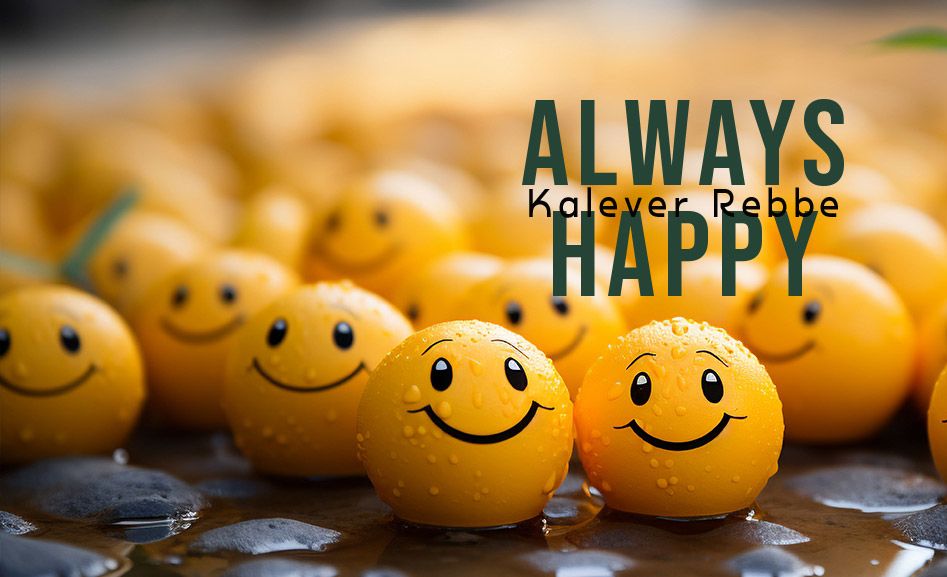
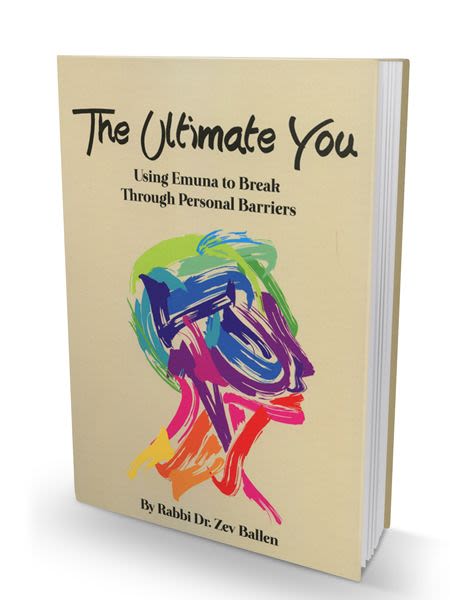
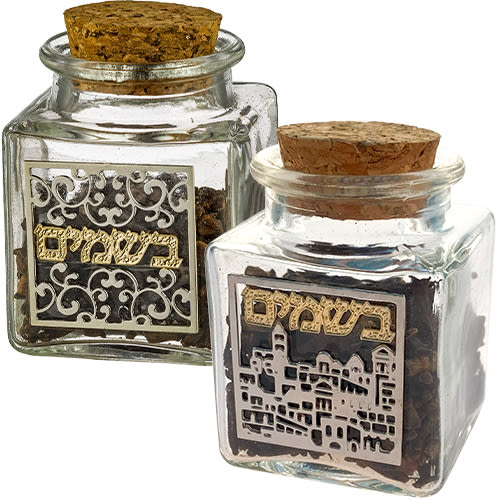
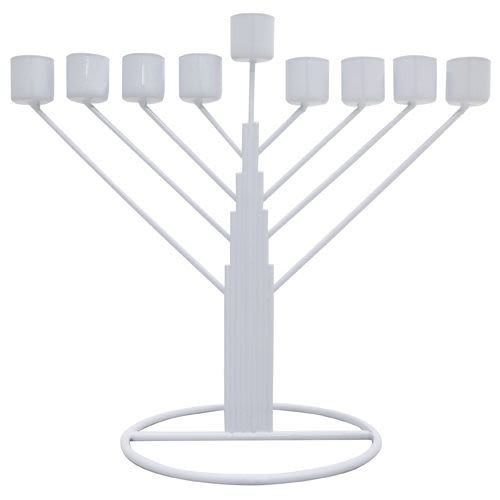
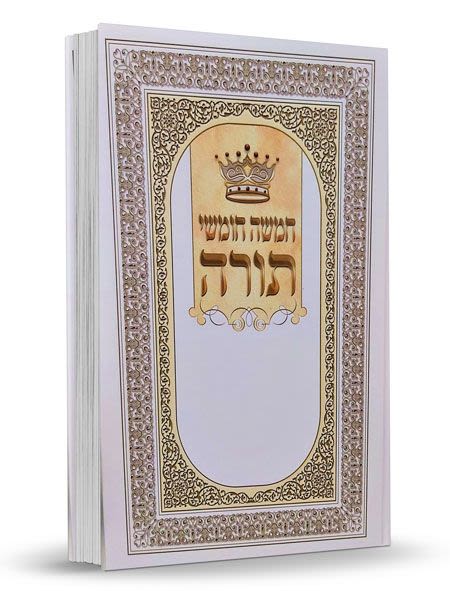
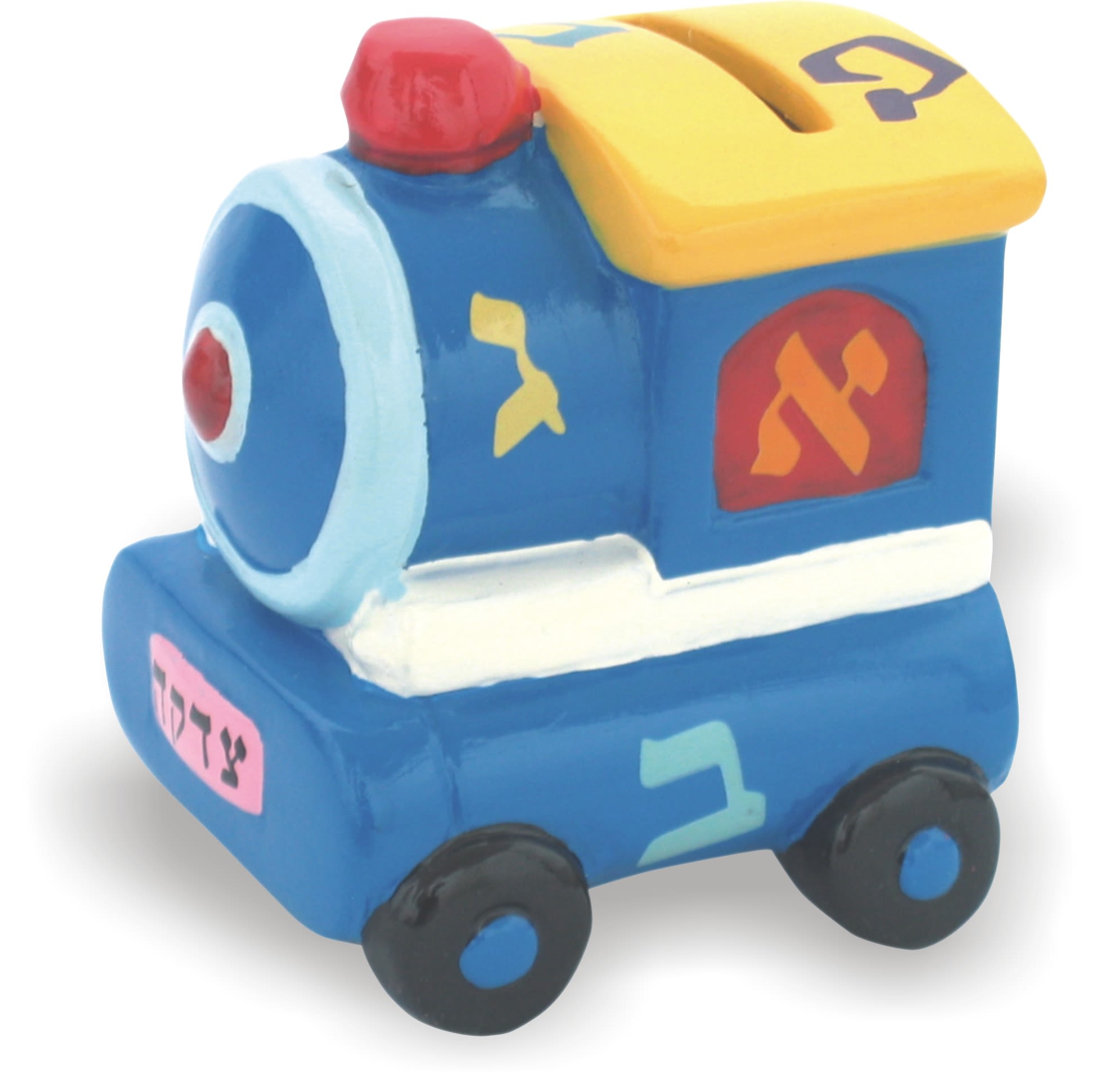
Tell us what you think!
Thank you for your comment!
It will be published after approval by the Editor.